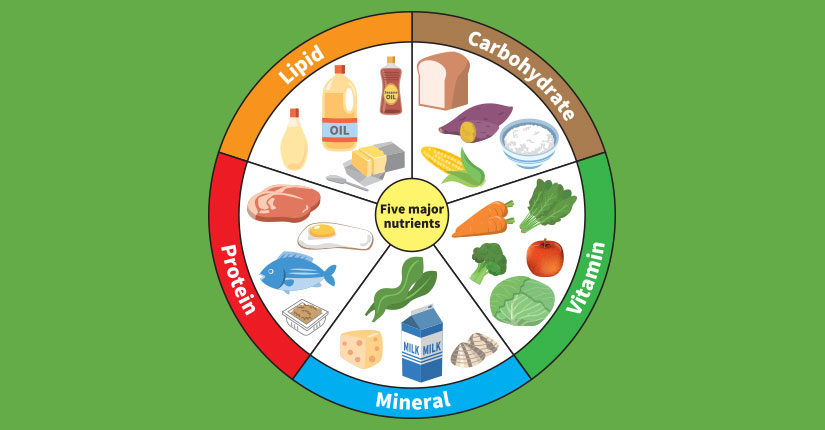WHO Tweeted That Air Pollution Impacts Mental Health
By Nmami Agarwal 11-Jun 2022 Reading Time: 4 Mins

The World Health Organisation tweeted that air pollution impacts mental health and leads to reduced mobility, stress, respiratory disease, and mental health conditions. The impact of climate change is compounding the already extremely challenging situation for mental health & mental health services globally Climate change poses serious risks to mental health and well-being, concludes a new WHO policy brief, launched today at the Stockholm+50 conference. The Organization is therefore urging countries to include mental health support in their response to the climate crisis, citing examples where a few pioneering countries have done this effectively. The findings concur with a recent report by the Intergovernmental Panel on Climate Change (IPCC), published in February this year. The IPPC revealed that rapidly increasing climate change poses a rising threat to mental health and psychosocial well-being; from emotional distress to anxiety, depression, grief, and suicidal behavior.
According to the World Health Organisation, the impacts of climate change are increasingly part of our daily lives, and there is very little dedicated mental health support available for people and communities dealing with climate-related hazards and long-term risks.
The mental health impacts of climate change are unequally distributed with certain groups disproportionately affected depending on factors such as socioeconomic status, gender, and age. However, it is clear that climate change affects many of the social determinants that are already leading to massive mental health burdens globally. 2021 WHO survey of 95 countries found that only 9 have thus far included mental health and psychosocial support in their national health and climate change plans.
The new WHO policy brief recommends 5 important approaches for governments to address the mental health impacts of climate change:
- integrate climate considerations with mental health programs;
- integrate mental health support with climate action;
- build upon global commitments;
- develop community-based approaches to reduce vulnerabilities; and
- close the large funding gap that exists for mental health and psychosocial support.
Climate change exacerbates many social, environmental, and economic risk factors for problems in mental health and psychosocial wellbeing. Yet, despite this impact, large gaps also exist in many countries between mental health needs and the availability and accessibility of the mental health systems and services to address them.
Over to You:
Given the human impacts of climate change, mental health and psychosocial well-being need to be one of the main focuses of climate action. There needs to be a commitment both politically and financially and across all sectors to make MHPSS and climate action a priority. This is the only way to achieve justice for all those who are affected.





















